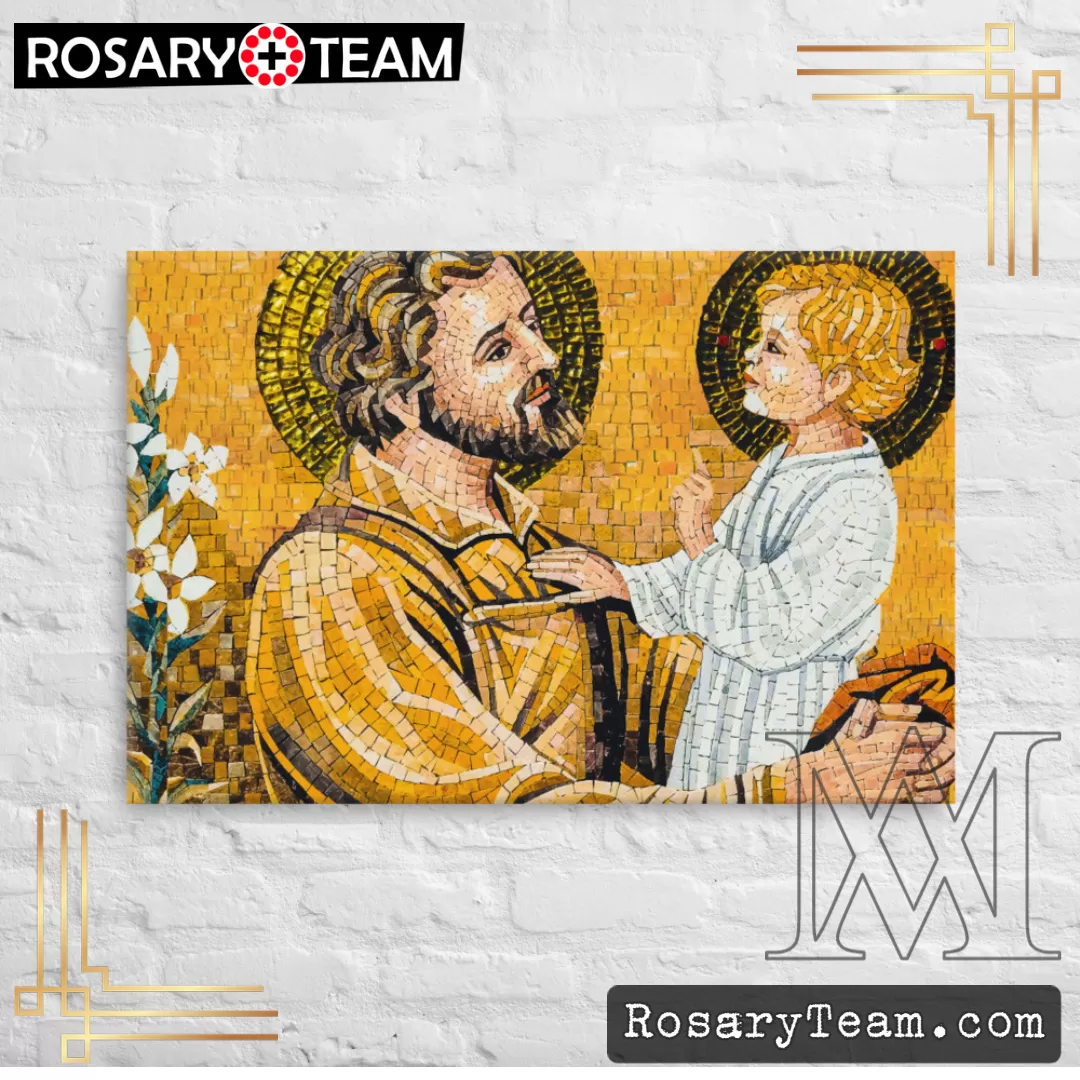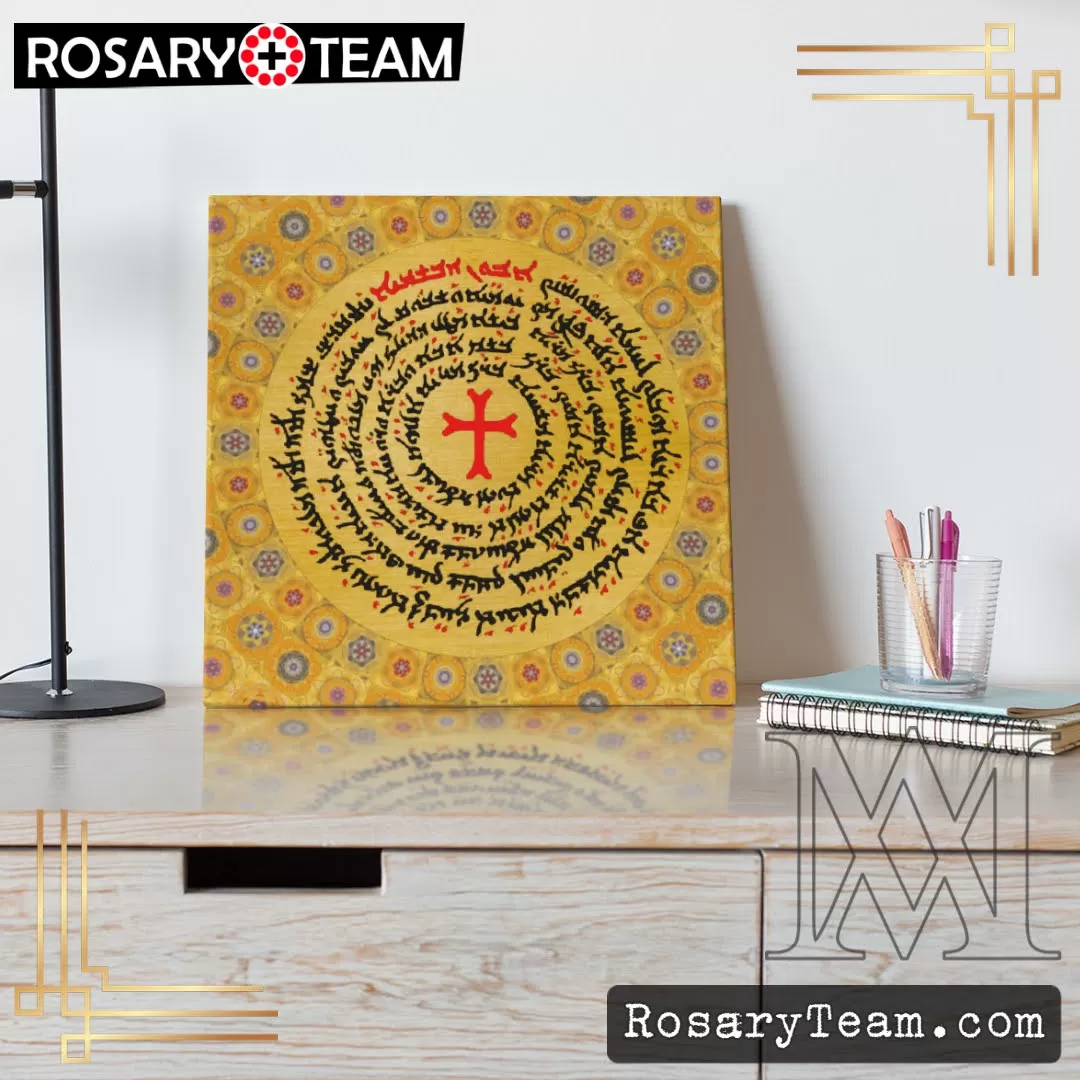Tuesday, July 11 : Saint Paul VI

When the man of God was keeping watch and praying, he saw the whole world gathered as though into one sunbeam. (Dialogues 2:35) Saint Benedict has the reputation of being the messenger of peace, the maker of unity, the master of civilization, and especially the herald of Christianity and the author of monasticism in the West. When darkness seemed to be spreading over Europe after the fall of the Roman empire, he brought the light of dawn to shine upon this continent. For with the cross, the book and the plow, Christian civilization was carried, principally through him and his disciples, to the peoples who lived in those lands which stretch from the Mediterranean to Scandinavia, and from Ireland to Poland. With the cross, that is, the Law of Christ, he strengthened and developed the institutions of private and social life. Through the “Work of God,” that is, through the careful and assiduous conduct of prayer, he taught that divine worship was of the greatest importance in the social order. And so he sealed that spiritual unity of Europe in which the various nations of different ethnic origins and languages felt themselves to be united into one people of God. With the book, that is, with the culture of the mind, this venerable patriarch from whom so many monasteries have drawn their name and their spirit, spread his doctrine through the old classics of literature and the liberal arts, preserved and passed on to posterity by them with so much care. And lastly, with the plow, that is, through agriculture, he changed the waste and desert lands into orchards and delightful gardens; and joining work with prayer in the spirit of those words, ora et labora, he restored the dignity of human labor. Not without reason, then, did Pope Pius XII call Saint Benedict the “Father of Europe.”
Roman Catholic Ordinary Calendar – rosary,team
















